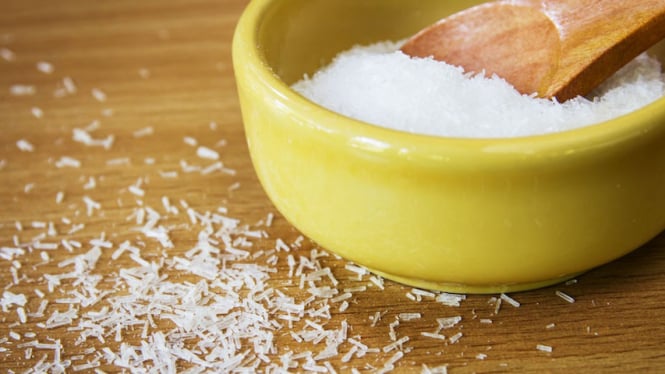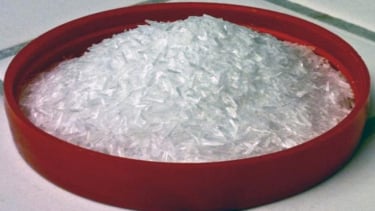Myth or Fact: MSG Consumption May Cause Cancer and Make You Stupid
VIVA – Monosodium Glutamate (MSG) or commonly Indonesian known as micin, is a flavoring for all dishes made from sodium salt and glutamic acid. Everyone, especially in Indonesia, already knows that MSG can have a negative impact on the body such as obesity, cancer, and caused stupidity if consumed too often. But, is that true? well, check the explanation here.
Based on the history, MSG was first discovered in Japan in 1908 by a professor named Kikunae Ikeda. Ikeda extracted and crystallized glutamate from seaweed broth to make MSG granules.
Food Technology lecturer at Bogor Agricultural University, Prof. Dr. Dede Robiatul Adawiyah, explained that MSG is safe for consumption by all age stages. MSG safety levels are explained in the Permenkes and the Food and Drug Administration (BPOM).
MSG atau micin.
- Freepik
BPOM Regulation No. 11/2019 on Food Additives explains that MSG is categorized as a food additive. It does not cause adverse effects on health with sufficient usage limits.
"Even international institutions such as the Food and Drug Administration (FDA) and the World Health Organization (WHO) have also verified the safety of MSG," said Prof. Adawiyah in South Jakarta, recently.
According to her, MSG has a taste, namely umami taste which is the fifth basic taste, besides salty, sour, sweet and bitter, because MSG has its own receptors on the surface of the tongue and is safe for consumption.
"The hoax circulating in the public regarding MSG is not true. MSG has a reference daily intake value (ADI) as not specified or not stated, this means MSG is a safe ingredient," she informed.
She also said: "in fact, the sodium (Na) content in MSG is less than table salt. MSG contains 12 percent Na, while table salt is 39 percent. This means that the Na content in MSG is less than table salt so that the risk of hypertension due to excessive sodium consumption is higher in table salt."





















